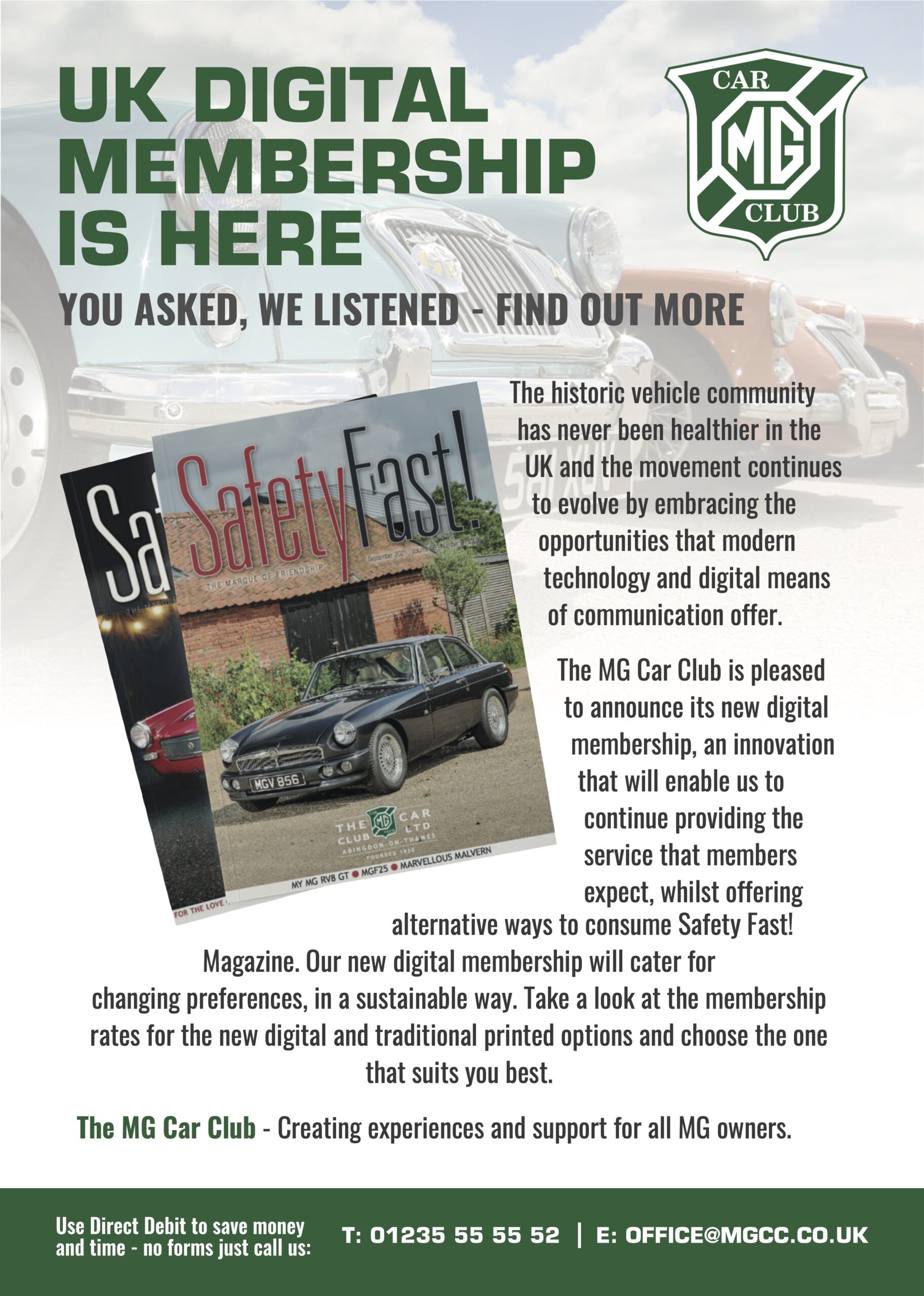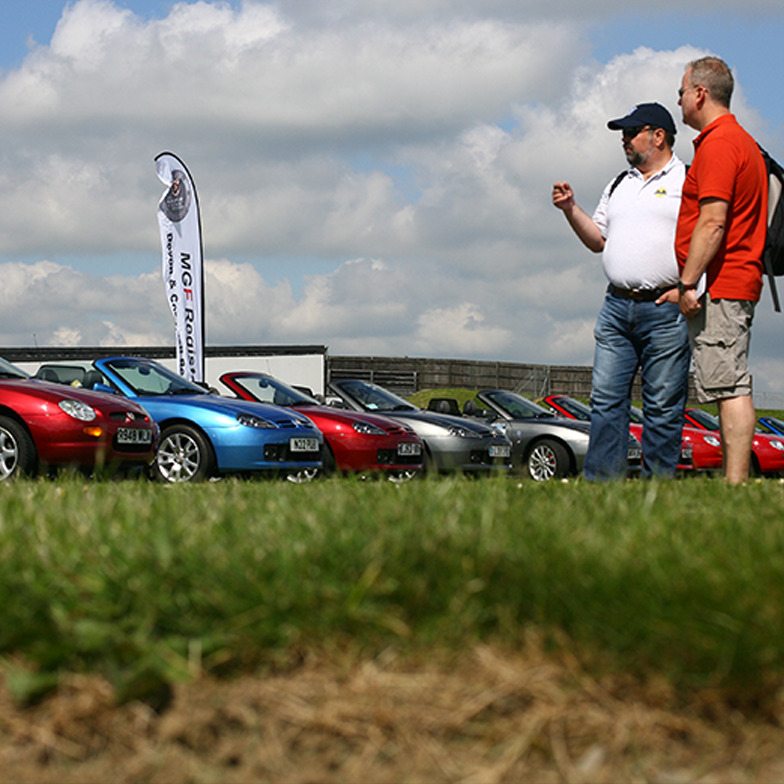Following an extended period of lobbying and consultation by the Federation of British Historic Vehicle Clubs (FBHVC) culminating in the Call for Evidence to which Members responded in record numbers, the Federation can now share this Registration Policy Update from DVLA.
The Federation is very encouraged by these outcomes, not only with the revised policies but also with a clear change to a more sympathetic and pragmatic approach to the registration difficulties sometimes faced with older vehicles.
They also acknowledge the considerable time and effort Agency staff have obviously devoted to this matter and are grateful that they so carefully listened to our submissions.
OFFICIAL DVLA ANNOUNCEMENT – August 20 2025
- DVLA has announced updated policies to modernise the process for notifying DVLA when a vehicle has been repaired, restored and modified.
- Like-for-like repairs and restorations will no longer need to be reported to DVLA, and more modified vehicles – including electric vehicle (EV) conversions – will be able to retain their original identities.
- Changes took effect from Tuesday August 26 2025.
DVLA has unveiled a major update to some of its vehicle registration policies, making it significantly easier for enthusiasts to register repaired, restored and modified vehicles.
The new guidance reflects modern restoration methods and simplifies the registration process, helping classic car owners keep their vehicles on the road while ensuring safety and accurate records.
These changes follow an extensive call for evidence, which received more than 1,350 responses from classic car owners, motoring clubs and the historic vehicle sector. In response, DVLA is replacing its existing policies on rebuilt and radically altered vehicles with two new sets of guidance that will apply to all vehicles, regardless of age.
Key changes include:
- like-for-like repairs and restorations will no longer require notification to DVLA, providing the vehicle’s appearance is the same as when it was originally manufactured and there are no changes to the log book (V5C)
- vehicles that have been subject to significant structural modifications will be able to keep their original Vehicle Identification Number (VIN) and registration number, but the registered keeper must notify DVLA of the changes.
- vehicles that have been converted to electric will also be able to retain their original identity, but the registered keeper must notify DVLA of the changes.
Minister for the Future of Roads, Lilian Greenwood said: “We know how much love, time and effort goes into keeping classic cars – and we’re right behind the community.
“These changes are about cutting red tape and making life easier for enthusiasts, whether you’re restoring a vintage gem or converting it to electric. It’s all about celebrating the UK’s amazing motoring heritage and helping the industry thrive well into the future.”
DVLA Chief Executive, Tim Moss, said: “We recognise the time, passion and care that keepers of classic vehicles invest in keeping their cars on the road. That’s why we’ve worked closely with the community to shape these changes.
“These updated policies support historic vehicle keepers, and the wider industry, with clearer registration processes that reflect modern restoration and modification practices, helping safeguard the UK’s rich and wonderful automotive history. These changes will allow enthusiasts to focus on what they love most: preserving and enjoying these remarkable vehicles.”
The new policies came into effect on Tuesday August 26 2025 with the full guidance can be found at: www.gov.uk/vehicle-registration
The DVLA also replaced its existing policies on rebuilt and radically altered vehicles with two new sets of guidance:
1. Repaired and restored vehicles
There will be no requirement to notify DVLA where a vehicle has been repaired or restored back to its original working standard, providing:
- worn-out components or body panels are replaced on a like for like basis
- the appearance of the vehicle is the same as when it was originally manufactured
- Vehicle log book (V5C) details are not affected.
2. Modified vehicles
Vehicles that have had significant structural modifications will be able to keep their original Vehicle Identification Number (VIN) and registration number, but the registered keeper must notify DVLA of the changes.
This could include:
- cutting into the chassis monocoque or frame
- changing the vehicle’s appearance or dimensions from the original manufacturer’s specification
- conversions from an internal combustion engine to electric propulsion
These changes are based on engagement with industry and stakeholders along with feedback from a call for evidence which launched on May 9 2024. DVLA published the summary of the responses to this on December 9 2024 and the revised guidance was published on Tuesday August 26.

 MG Car Club
MG Car Club

